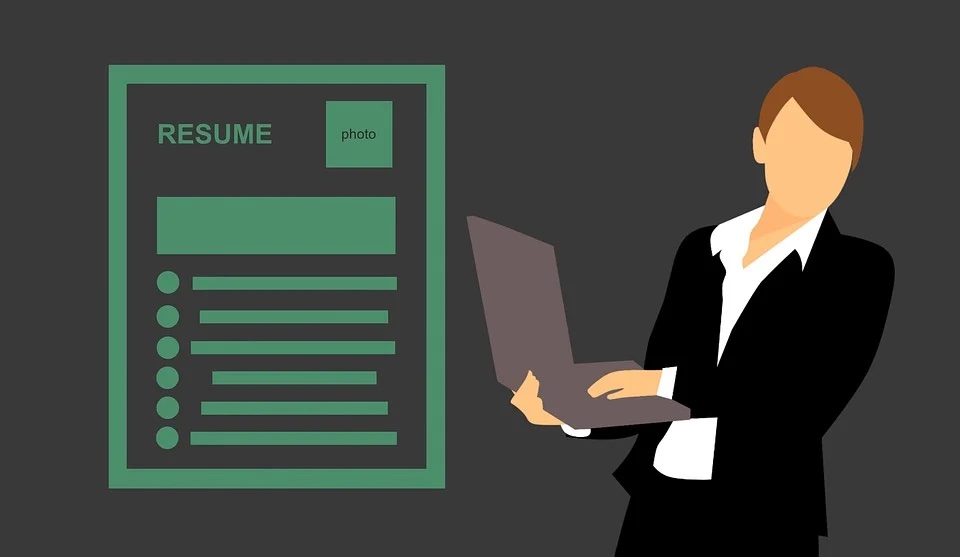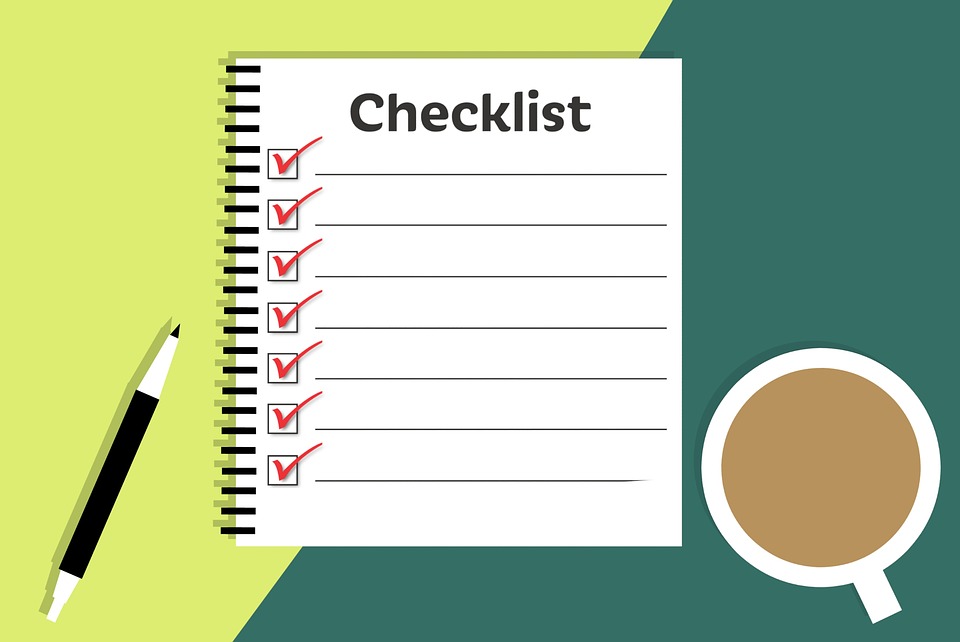Your resume is the first impression an employer will have of you. It’s the one thing employers have to decide whether to interview you or not.
What does this tell you?
That you should take your time to perfect your resume before sending it off.
Everyone’s resume looks different depending on your experience, skills and layout. And although there’s no ‘right way’ to build a resume, there are certain things every resume should include. Read on to gain our top tips for a good resume.
Every resume should include:
- Contact details
- Opening statement
- Professional experience
- Education
- Skills and qualifications
- Hobbies
Resume writing tips – what sections to include
Contact details
Every resume should start with your contact details including your full name, number, email address, and any links to your website or LinkedIn profile. Just make sure you’re using an appropriate email address (not something you made in fifth grade). And prepare your LinkedIn profile for visits from prospective employers.
Opening statement
Opening statements are a useful section for employers to learn more about you. Since it’s towards the top of your CV, you’ll want to make it as captivating as possible. Your opening statement is your chance to shine and grab the hiring manager’s attention.
In your opening statement, the first sentences should describe your soft skills and your experience. Make sure these relate directly to the job you’re applying for and echo the words used in the job listing. The next sentence should describe the type of work you’re looking for and when.
Example opening statement for a sales position
“I’m an outgoing and highly driven self-starter with 2 years’ experience working in B2B sales in the tech industry. I thrive in fast-paced environments and am seeking a new challenge in high-end B2B sales. I’m available to start in March 2022.”
Professional experience
Your professional experience is the meatiest part of your resume. It’s the part that employers will scrutinize. So be sure to put your best foot forward here.
When describing your previous work experience, use 3-5 bullet points per job to keep it short and snappy. Make sure you only highlight the the most relevant part of your experience.
For example, if you’re applying for a role as a personal assistant, highlight any duties that show organization, admin, computer literacy, multitasking and working under pressure. Those are some of the most obvious skills that a hiring manager will look for when hiring a PA.
Education
Your education section should include what schools you attended and the qualifications you gained. Include your high school diploma and any other further education like college degrees.
Skills and qualifications
This is a small section on your resume that can be listed in bullet points. It should highlight any relevant skills and qualifications. That way, a hiring manager can use this section on your CV to quickly scan your skillset.
Example
- Cyber security principles
- Java, C++, html, server
- Practical knowledge of SQL
- Oracle Java Certifications Associate Professional
Hobbies
You should list 3 hobbies in this section. Talk about the most interesting parts of yourself to bring your resume to life. Don’t be generic and simply list hobbies like ‘sport, reading, socializing.’ This really doesn’t tell the hiring manager anything about you. You want to stand out and show some personality.
Example
- Gymnastics – I have competed on both a local and national level and currently teach a Saturday class for toddlers
- Travel – I spent 6 months solo backpacking across Central Asia
- Reading – I enjoy reading personal development books and am currently reading The Miracle Morning
Resume ready
Although it can take a bit of time to get your resume straight, it’s a necessary step in the job hunt process and will pay off in the long-run. Don’t forget, you can build a resume for free in the SonicJobs app in minutes – we’ve got you covered!









